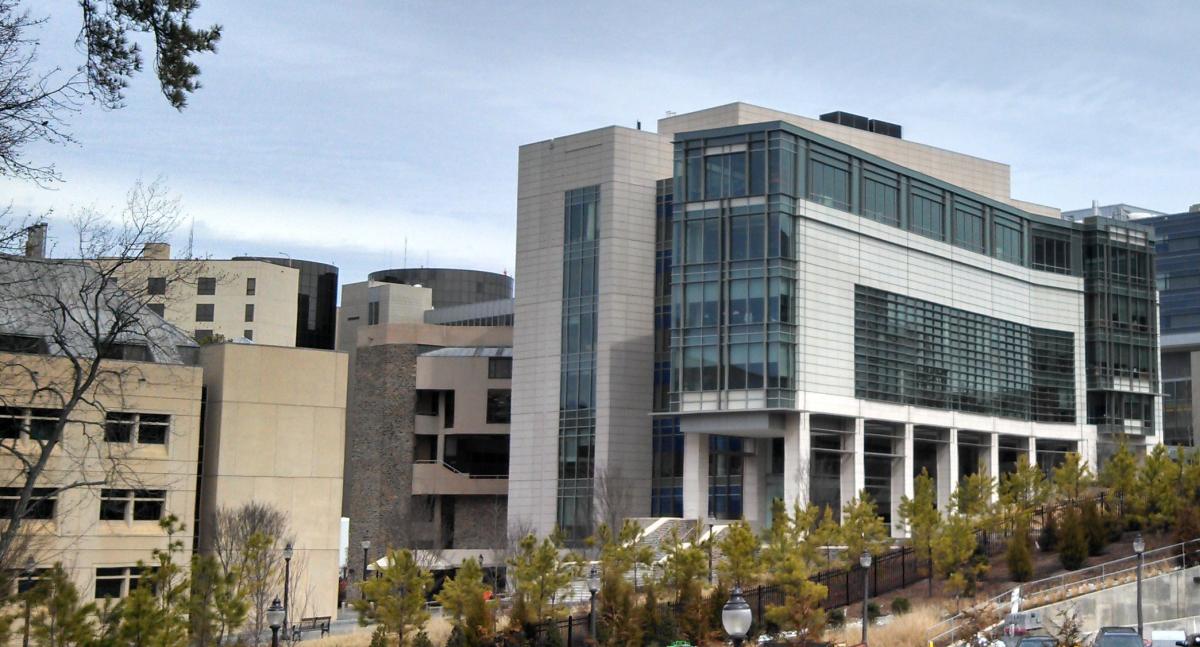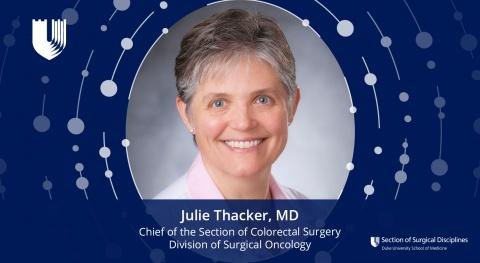Peter Allen, MD, Named DUHS Vice President for Cancer Services
Peter J. Allen, MD, Professor of Surgery, has been named Duke University Health System Vice President for Cancer Services, effective June 1, 2023.
Maggie DiNome, MD Appointed Section Chief of Breast Surgery
Duke Surgery is pleased to announce the appointment of Maggie DiNome, MD, to the position of Chief, Section of Breast Surgery, within the Division of Surgical Oncology.
Dr. Julie Thacker Appointed Chief of Section of Colorectal Surgery
The Division of Surgical Oncology is pleased to announce the appointment of Julie Thacker, MD, as the new Chief of the Section of Colorectal Surgery.







